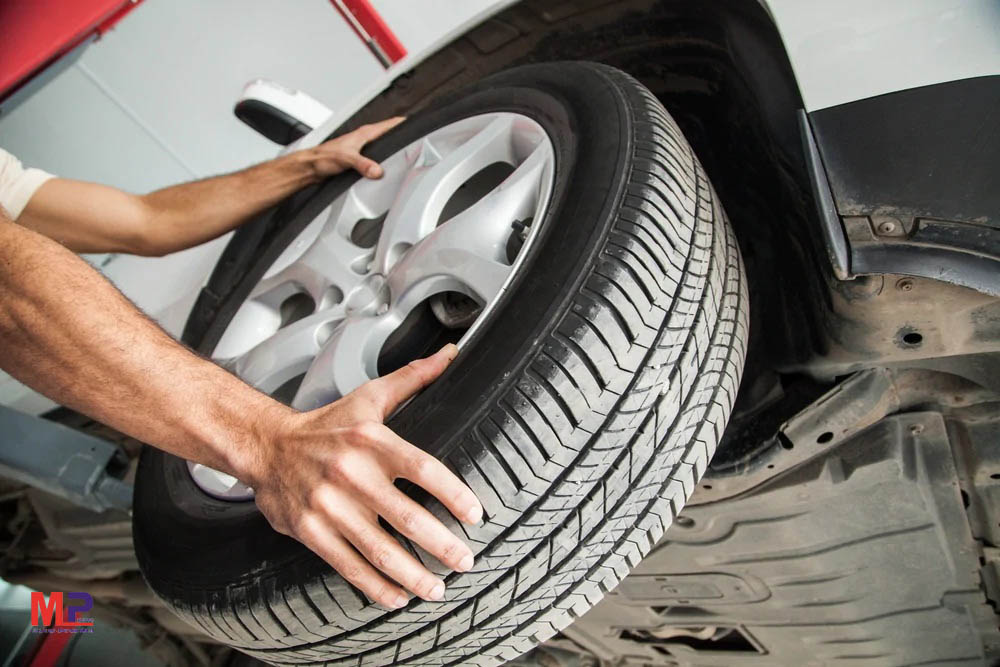During the participation in traffic, there are numerous factors influencing fuel consumption, and one of these factors is the tires.
A report from the US Energy Association states that tires account for nearly one-third of a vehicle’s fuel consumption. In fact, 20-30% of fuel consumption and 24% of CO2 emissions from road vehicles are related to tires.
Tires influence fuel efficiency through the impact of rolling resistance. However, the relationship between rolling resistance, road grip, and fuel consumption can be contradictory.

Factors Affecting Fuel Consumption
Rolling Resistance
Rolling resistance is the energy required by a vehicle to keep the wheels moving at a constant speed on a surface. In other words, it’s the force necessary for the wheels to roll. The primary factor generating rolling resistance is the delayed elasticity of tire materials. The engine must overcome this rolling resistance when moving, leading to fuel consumption.
Manufacturers have adjusted the composition ratio of these elements, producing tires with lower rolling resistance without compromising other characteristics. This helps reduce the impact on a vehicle’s fuel consumption.

The higher the rolling resistance, the greater the fuel consumption.
Tire Pressure
Tire pressure indirectly affects a vehicle’s fuel consumption. Tires with lower than recommended air pressure will deform. The more deformation, the greater the energy loss during the initial recovery process. As a result, rolling resistance increases, impacting the vehicle’s fuel consumption.
Therefore, owners must maintain the right tire pressure to minimize the effects of tire pressure.
Tire Size
Generally, larger tire sizes contribute to a heavier weight, which increases rolling resistance, thus raising a vehicle’s fuel consumption. Conversely, using smaller tires can help reduce fuel consumption.
For vehicles that frequently travel on highways, using larger tires enhances safety and reduces energy consumption compared to smaller tires.
Hence, vehicle owners should choose tires that suit their needs.
Wheel Alignment
Improper wheel alignment causes the vehicle’s direction to deviate from straight ahead.
In heavy vehicles, even a 1-degree misalignment can cause the vehicle to deviate several meters horizontally when traveling 1 km straight. The driver will always have to steer the vehicle straight, leading to tire sliding, wear, and increased fuel consumption.
Under normal driving conditions and with functional systems, worn-out tires affect fuel efficiency more positively when the rubber density on the tires has decreased. As a result, rolling resistance and the energy needed to deform the tires decrease compared to when they were new.
Tires have a significant impact on fuel consumption. To reduce fuel consumption through tire-related impacts, individuals should choose tires with low rolling resistance, regularly check tire pressure, align wheel angles during maintenance, repairs, and avoid carrying loads exceeding the vehicle’s specified weight.












